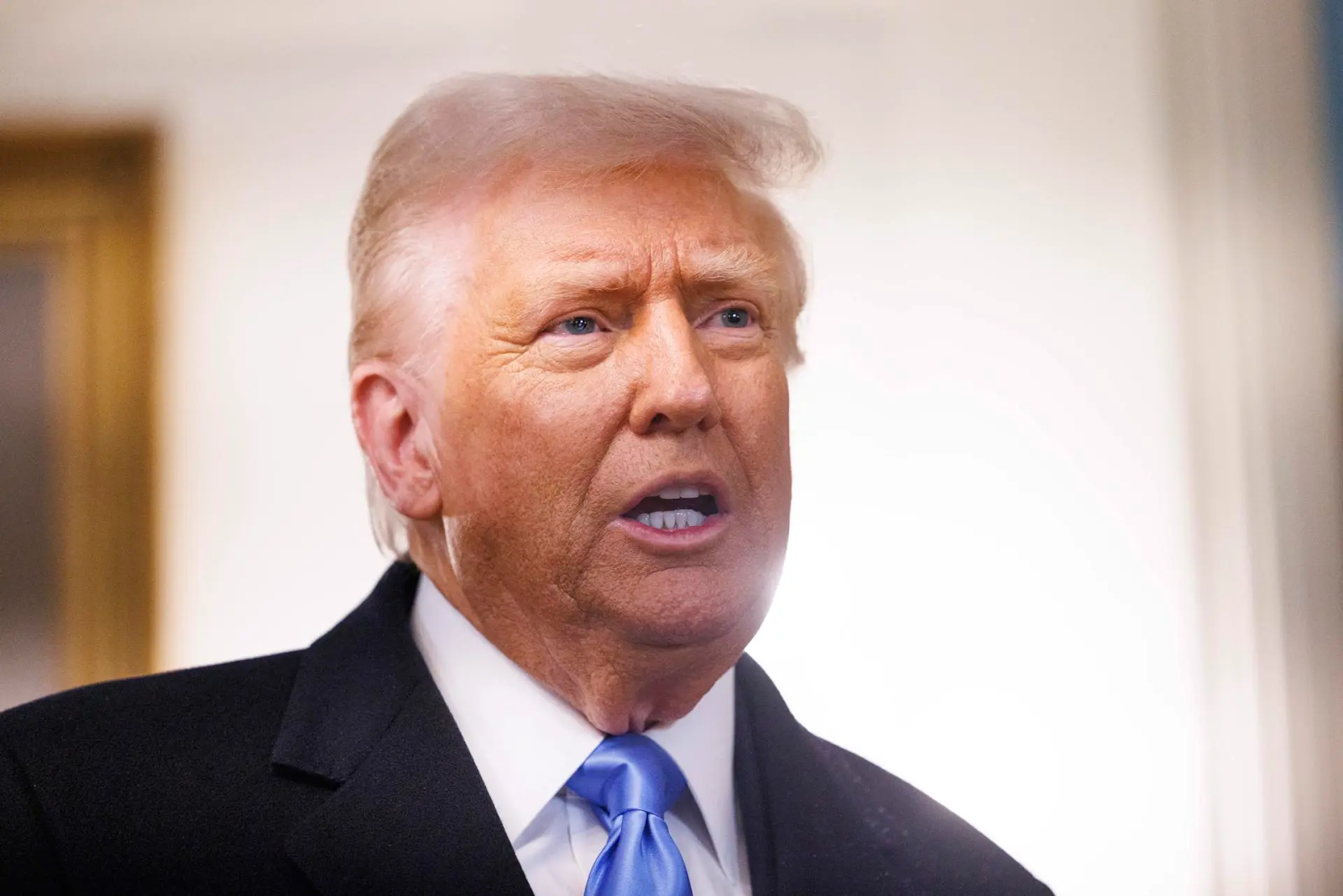Featured
article
- Get link
- X
- Other Apps
Trump's Tariffs on Canadian and Mexican Imports Set for March 4

In a significant move that could reshape North American trade dynamics, President Donald Trump has announced that tariffs on Canadian and Mexican imports will go into effect on March 4. This decision comes after months of negotiations and escalating trade tensions between the United States and its neighbors.
The tariffs, which include a 25% duty on steel and aluminum imports from Canada and Mexico, are part of a broader strategy to protect American industries and reduce the trade deficit. The Trump administration argues that these measures are necessary to revitalize the U.S. manufacturing sector, which has been adversely affected by cheaper foreign materials.
Canada and Mexico have been working to avoid these tariffs by enhancing border security and curbing fentanyl trafficking. Despite these efforts, the Trump administration has decided to proceed with the tariffs, citing the need for more substantial progress.
The implementation of these tariffs could have far-reaching consequences for the North American economy. Industries that rely on cross-border supply chains, such as automotive and energy sectors, may face increased costs and disruptions. Critics argue that the tariffs could lead to higher prices for consumers and potential retaliatory measures from Canada and Mexico.
As the March 4 deadline approaches, businesses and policymakers on both sides of the border are bracing for the impact of these tariffs. The move underscores the Trump administration's commitment to using tariffs as a tool for economic policy and trade negotiations.
Popular Posts
Trump's Six Words: "I'm Going to Stop the Wars"
- Get link
- X
- Other Apps
Smart Savings for a Sharp School Start: Canadian Parents’ 2025 Guide
- Get link
- X
- Other Apps



Comments
Post a Comment